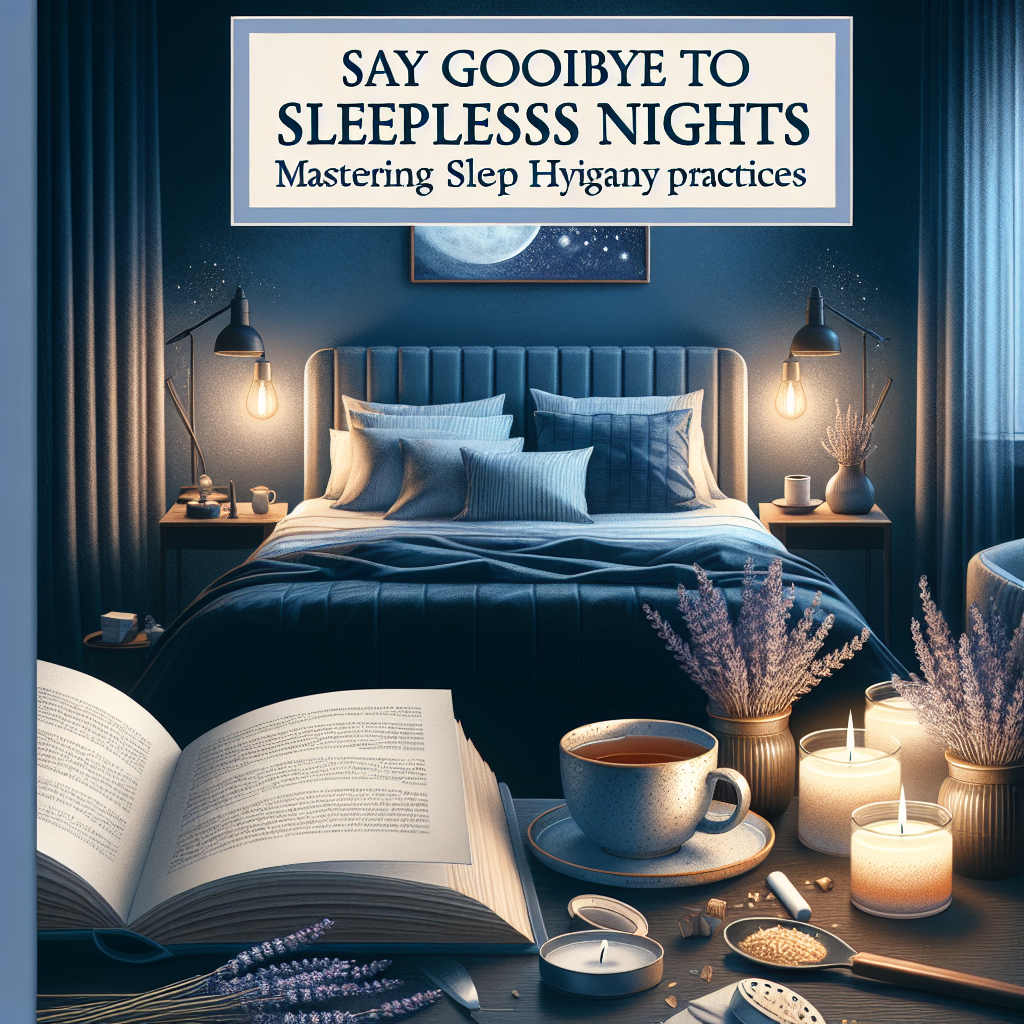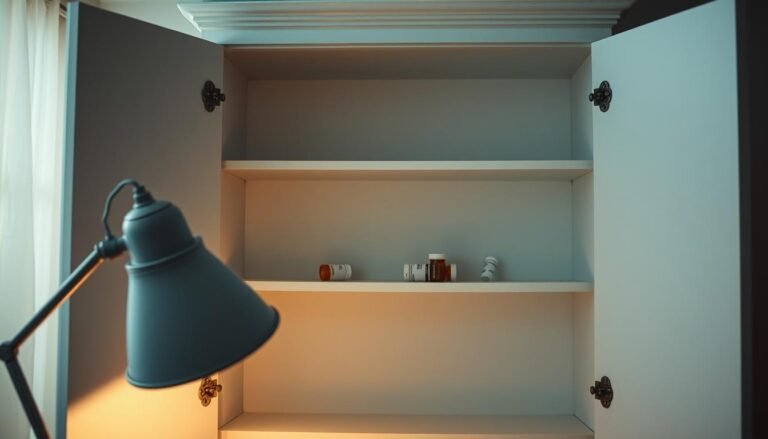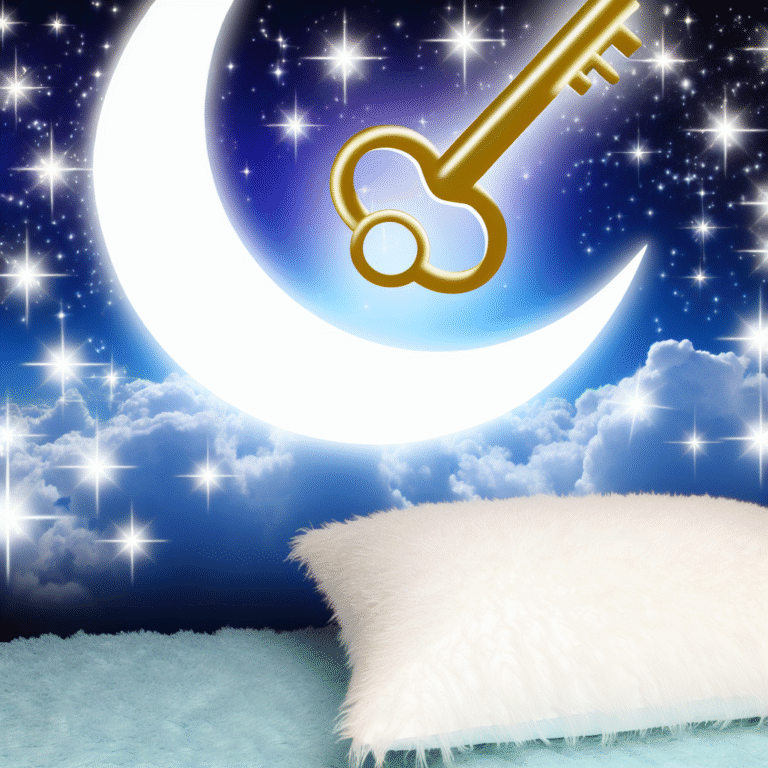
Say Goodbye to Sleepless Nights: Mastering Sleep Hygiene Practices for Ultimate Rest
Introduction
In today’s fast-paced world, which often glorifies overwork and exhaustive schedules, sleep has become an elusive luxury for many. The repercussions of sleepless nights extend beyond mere fatigue; they seep into our mental and physical health, impacting productivity, mood, and even longevity. If you have ever tossed and turned in search of that perfect slumber, you’re not alone. Say Goodbye to Sleepless Nights: Mastering Sleep Hygiene Practices is not just a catchy phrase; it’s a call to arms for those seeking peaceful nights and revitalized days.
In this comprehensive guide, we will delve into the intricacies of sleep hygiene. You will discover practical tips, insightful case studies, and evidence-based strategies that can transform your nightly routine into a sanctuary of tranquility. By the end of this journey, you will possess the tools to reclaim restful nights and re-energize your life profoundly.
Understanding Sleep Hygiene
What is Sleep Hygiene?
Sleep hygiene refers to a collection of practices and habits that are conducive to sleeping well on a regular basis. It’s not merely about the number of hours you spend in bed; rather, it encompasses your entire approach to sleep. From your bedtime rituals to your sleep environment, mastering these elements is key to saying goodbye to sleepless nights.
The Importance of Sleep Hygiene
Practicing good sleep hygiene can lead to numerous benefits, including:
- Improved mood and mental clarity
- Enhanced physical health and immune function
- Increased productivity and performance
- Lower levels of anxiety and stress
Factors Affecting Sleep Quality
Understanding the factors that influence sleep can empower you to take actionable steps towards better sleep hygiene. Some key culprits include:
- Environmental Disruptions: Noise, light, and uncomfortable temperatures can significantly hinder your ability to fall and stay asleep.
- Diet and Lifestyle Choices: Caffeine, alcohol, and heavy meals close to bedtime can disrupt sleep patterns.
- Technology Overload: The blue light emitted by phones and gadgets can interfere with the body’s natural sleep-wake cycle.
Essential Sleep Hygiene Practices
1. Create a Consistent Sleep Schedule
One of the cornerstones of mastering sleep hygiene practices is maintaining a regular sleep schedule. Going to bed and waking up at the same time every day reinforces your body’s natural circadian rhythms.
How to Implement:
- Set a fixed bedtime and wake-up time, even on weekends.
- Gradually shift your schedule if it needs adjustment, aiming for consistent intervals of 15-30 minutes.
2. Design an Ideal Sleep Environment
Your bedroom should be a haven for sleep. A conducive environment can have a profound impact on your quality of rest.
Tips for a Sleep-Friendly Environment:
| Element | Recommendation |
|---|---|
| Light | Use blackout curtains or an eye mask |
| Temperature | Keep it cool—between 60-67°F (15-19°C) is ideal |
| Noise | Use white noise machines or earplugs |
| Bedding | Invest in a comfortable mattress and pillows |
3. Optimize Your Pre-Sleep Routine
What you do in the hour leading up to sleep can set the stage for a successful night. A calming pre-sleep routine signals to your body that it’s time to wind down.
Strategies Include:
- Meditation or Yoga: Engaging in calming activities can reduce stress levels, making it easier to transition to sleep.
- Reading: Choose light fiction or non-digital material to avoid stimulating your mind unduly.
4. Mind Your Diet
The foods you consume can greatly influence your sleep quality. Certain dietary choices can promote better sleep, while others can wreak havoc on your nightly rest.
Foods that Promote Sleep:
- Almonds: Rich in magnesium, which can improve sleep quality.
- Kiwi: Contains serotonin, a natural sleep promoter.
- Chamomile Tea: Known for its calming effects.
5. Limit Screen Time Before Bed
Evidence suggests that the blue light emitted from screens can interfere with melatonin production, thus disrupting your sleep cycle.
Practical Recommendations:
- Set a "digital curfew" at least one hour before sleep.
- Replace screen time with alternatives like reading, journaling, or listening to calming music.
Case Studies
Case Study 1: The Night Shift Worker
Background: Sarah, a nurse who worked night shifts, struggled with insomnia and fatigue.
Intervention: After adopting a consistent sleep schedule on her days off, optimizing her sleeping environment for darkness and quiet, and practicing relaxation techniques, her sleep quality improved significantly.
Analysis: This case highlights how critical a consistent rhythm is, even when irregular work schedules disrupt typical sleep patterns.
Case Study 2: The Tech-Dependent Millennial
Background: Michael, a college student, often found himself studying late into the night, resulting in poor academic performance and increased anxiety.
Intervention: By reducing his screen time an hour before bed and establishing a bedtime routine that incorporated reading and relaxation techniques, he noticed remarkable improvements in both his sleep quality and academic results.
Analysis: This study underscores the need to address technology’s influence on sleep, particularly among younger generations who are increasingly reliant on screens.
The Science Behind Sleep Hygiene
Understanding Circadian Rhythms
Circadian rhythms are the natural, internal processes that regulate the sleep-wake cycle and other bodily functions. Understanding these rhythms is crucial as they dictate when you feel awake and when you feel sleepy.
- Melatonin Production: Light exposure can suppress melatonin, the hormone responsible for signaling sleep. This is why creating a dark environment is essential.
- Sleep Stages: Quality sleep involves several stages, including REM and non-REM sleep, which are disrupted by irregular sleeping patterns.
Sleep Deprivation Statistics
Numerous studies highlight the prevalence of sleep deprivation:
- According to the CDC, about 35% of adults don’t get the recommended 7 hours of sleep per night.
- The World Health Organization identifies sleep disorders as a global epidemic, impacting diverse demographics.
Concluding Thoughts: Your Path to Better Sleep
Say Goodbye to Sleepless Nights: Mastering Sleep Hygiene Practices is not a mere slogan; it’s a lifestyle change that promotes not only quality sleep but also a healthier, more vibrant life. By incorporating the strategies discussed, you can elevate your sleep hygiene and invite restful, restorative nights into your life.
Actionable Insights:
- Begin by implementing one practice from this guide each week rather than overwhelming yourself.
- Note your sleep patterns and feelings of well-being; this can help you adjust your strategies effectively.
- Don’t hesitate to consult with a sleep specialist if sleep issues persist despite good hygiene.
FAQs
1. How long does it take to see improvements in sleep quality after changing sleep hygiene practices?
Improvements can often be seen within a few weeks, depending on the individual and the changes made, but consistent effort is key.
2. Can napping during the day affect my nighttime sleep?
Yes, long or late naps can interfere with nighttime sleep. If you must nap, keep it short (20-30 minutes) and before 3 PM.
3. Are there any supplements that can help with sleep?
Some individuals find melatonin supplements helpful, but it’s best to consult healthcare professionals before starting any new supplement.
4. What if I still can’t sleep despite following good sleep hygiene practices?
If difficulties persist, consider seeking advice from a medical professional specializing in sleep disorders for tailored strategies.
5. Can exercise influence sleep quality?
Yes, regular physical activity can promote deeper sleep and help regulate sleep patterns. However, exercising too close to bedtime can be stimulating.
By understanding and implementing the principles of sleep hygiene presented in this article, you can take meaningful steps toward a future free from sleepless nights. Embrace the changes, stay committed, and look forward to restful nights that nourish body and mind alike. Sleep well!

















